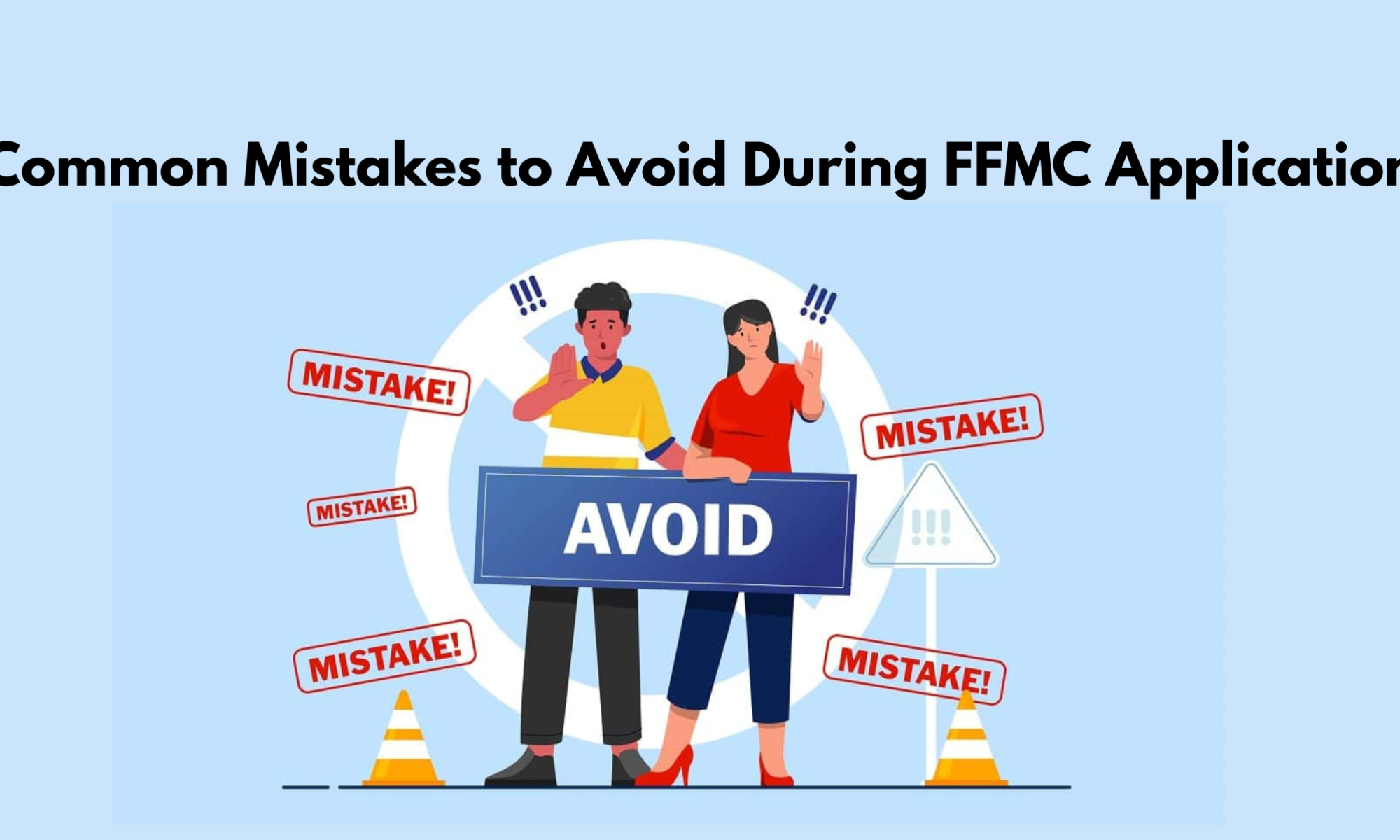Applying for a Full Fledged Money Changer (FFMC) license in India can open up opportunities in the foreign exchange business. However, the process is detailed and requires strict compliance with the RBI’s guidelines. Many applicants face delays or rejections due to avoidable errors. To help you navigate the application process smoothly, here are some common mistakes to avoid during your FFMC application.
1. Incomplete Documentation
One of the most frequent issues faced by applicants is submitting incomplete or incorrect documentation. The RBI mandates specific documents, including:
- Incorporation certificate
- Net Owned Fund (NOF) statement (minimum ₹25 lakhs for single-branch and ₹50 lakhs for multi-branch FFMCs)
- Auditor’s certificate
- Detailed business plan
Even a single missing or improperly formatted document can lead to delays or outright rejection.
Tip: Double-check every document and cross-reference it with the latest RBI checklist for FFMC license in India.
2. Underestimating the Importance of NOF
The Net Owned Funds (NOF) requirement is a core eligibility criterion. Many applicants either miscalculate their NOF or submit outdated financial data.
Tip: Work with a qualified Chartered Accountant to ensure your NOF is accurately calculated and certified according to RBI standards.
3. Improper Business Plan Submission
An unclear or vague business plan is a red flag for the RBI. FFMCs are expected to present a professional plan outlining their:
- Target customers
- Marketing strategies
- Compliance protocols
- Anti-Money Laundering (AML) measures
Tip: Ensure your business plan is not only detailed but also shows how your FFMC will align with RBI norms and guidelines.
4. Ignoring Regulatory Compliance Requirements
Many Full Fledged Money Changers make the mistake of overlooking RBI’s compliance norms, including:
- Know Your Customer (KYC) protocols
- Anti-Money Laundering (AML) guidelines
- Reporting obligations
Failure to understand these responsibilities during the application stage reflects poorly on your preparedness.
Tip: Include a strong compliance framework in your application that showcases your readiness to meet regulatory standards.
5. Choosing the Wrong Business Structure
Some applicants opt for business structures (like partnerships or LLPs) that are not eligible for the FFMCs license in India. The RBI typically grants licenses to entities registered as companies under the Companies Act, 2013.
Tip: Make sure your business is structured correctly before starting the FFMCs license online application.
6. Delays in Responding to RBI Queries
Once your application is submitted, the RBI may raise queries or ask for additional documentation. Delayed or unclear responses can slow down the approval process.
Tip: Assign a point of contact or a legal consultant to handle all RBI communications promptly and professionally.
7. Not Taking Expert Help
The FFMC licensing process is technical and regulated. Trying to manage it alone without guidance can lead to critical errors.
Tip: Work with experienced consultants who specialize in obtaining Full Fledged Money Changer licenses. They can help ensure your application is complete, compliant, and compelling.
Conclusion
Securing an FFMC license in India is a strategic step for businesses looking to enter the foreign exchange sector. However, even minor oversights can derail your application. By avoiding these common mistakes and taking a methodical, compliant approach, you can increase your chances of RBI approval.
Whether you’re applying for a full fledge money changer license in India for the first time or looking to expand your existing FFMC business, staying informed and cautious is the key.

